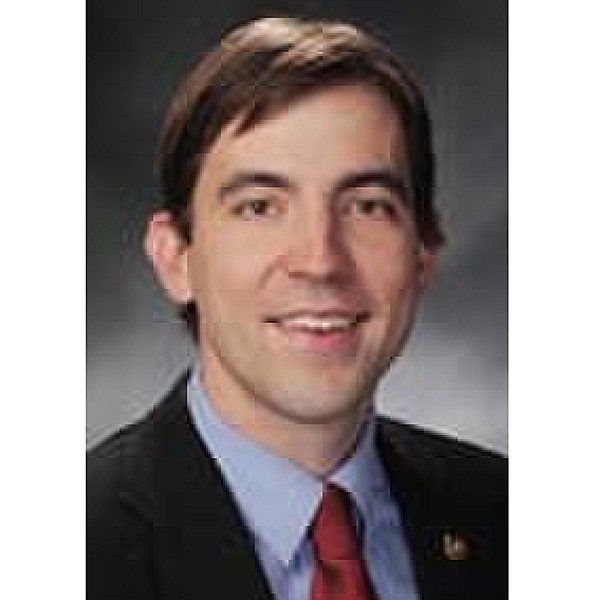Friday was Groundhog Day, and this was Groundhog Week in the Missouri House. In floor action, the House passed House Bill 1617, a bill relating to telehealth services in Medicaid. It will (for the second time) attempt to bring Missouri's Medicaid system into the 21st century by encouraging providers to use new communications technologies to deliver services. The idea is simple: publicly-financed health services should be able to use the same tools to reduce costs and improve outcomes that private sector services use.
In 2016, I sponsored and passed legislation on the same simple topic. We wanted the Department of Social Services to ensure health care providers would be compensated for services delivered via new video or other technologies just as they would be for services by more traditional means. The bill required DSS to promulgate additional rules to properly implement.
Unfortunately, something was lost in translation. The proposed rules would have put unreasonable restrictions on telehealth services. For example, the rules would have required the employment of a technology "facilitator" in all interactions between patients and providers. While such a person may be necessary to help a doctor learn how to use the technology, they would quickly become an unnecessary appendage for digitally-savvy doctors.
The rules also would have prohibited the use of telehealth services unless the recipient lived more than 24 miles from the location of the provider. Sometimes, this makes sense. But not when, for example, an immobile patient has an appointment for a service that would not require actual physical presence in the doctor's office. Why force this patient into unnecessary travel? Further, studies show distances of just 15-20 miles make patients less likely to access preventive or diagnostic care.
House Bill 1617 clarifies the intent of the original legislation. We want to encourage the use of telehealth services anywhere and everywhere that it is: (1) within the scope of practice for the health care provider engaged in the service, and (2) is consistent with the standard of care for patients for an in-person visit. Like the first time we did it, HB 1617 passed with overwhelming support. It now moves to the Senate for further consideration.
The second great example of Groundhog Day this week came in the form of a committee hearing on House Bill 2247, which would introduce charter schools as an option for families in underperforming school districts. Nearly identical legislation passed through the House last year, and parts of the bill have been included in legislation multiple times over the past eight years.
Here's a thought experiment: Imagine health care or higher education worked like financing for K-12 education. Imagine children, Cole County residents could not get state tuition at the University of Missouri, and vice versa, Boone County residents could not get state tuition at Lincoln University. Or that Medicaid restricted recipients to receiving care in the county of their residence or to only public hospitals and institutions. People would think such systems were crazy. They would be up in arms at restricting people's choice in where to receive these services. And yet, in K-12 education, everything is reversed.
It is an intractable conflict between those who want to break out of the silos of the current system and those who defend the status quo. House Bill 2247 addresses this conflict. And, while it is a worthy topic of discussion and effort, in my eighth year in the Legislature, I have grown weary of fights over school choice - whether it be in the form of empowering parents with financial tools to choose their child's school or increasing choice within public schools (charter schools are publicly schools).
Every single year since I have been in the Legislature, the two sides square off, stare each other down, lob a few insults, and then start pulling on a tug-of-rope. While we're tugging as hard as we can to move immovable objects, children grow a year older, and another year older, and another year older. There have been a few times when we have been able to put the rope down to pass good legislation in this area.
One interesting idea can be found in House Bill 2200, sponsored by Rep. Shawn Rhoads, which would encourage public school districts to create "schools of innovation" and "cooperative schools" between districts to offer different curriculum, delivery methods, and instructional models than the traditional school model. In some cases, this may mean an extended school day. In others, it may mean dispensing with the traditional school calendar premised on agricultural calendars that are not relevant to our state's urban areas, and yet, cause students to unnecessarily lose ground every summer. I'll tug on the rope once more, but I'm more looking forward to bills to improve education where mutual agreement can be found.
State Rep. Jay Barnes, R-Jefferson City, represents the 60th District, and shares his perspective on statehouse issues each week.

